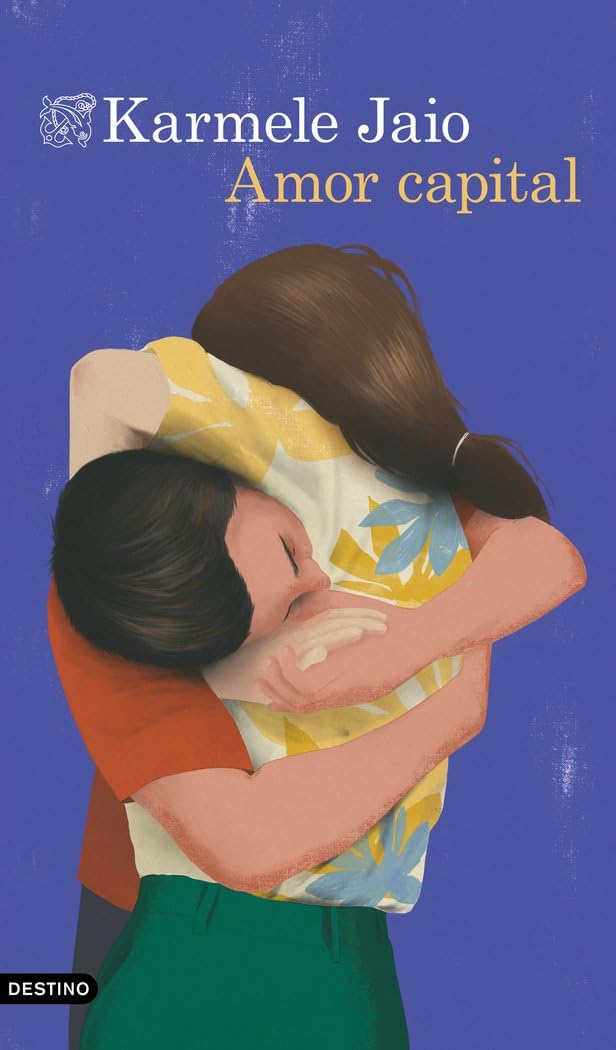At Martín’s funeral, one of his “widows”—Olga, the unofficial one, the other woman—sits on a church pew and begins to speak to the dead man. From that pain, she embarks on a journey into the life of the man who always kept her at the margins. But the path doesn’t lead where she expected—it takes her somewhere deeper: toward self-knowledge and a new understanding of love. An intimate, passionate drama full of twists and emotion.
From the back of the church, watching the dead man’s wife from a distance, Olga—a university professor—confronts the death of her former secret lover, Martín. Though no one knows for certain, everything points to suicide. Sitting in silence, she feels the same helplessness that defined their entire relationship: the agony of being “the other woman.”
Their affair had been a rollercoaster of passion and heartbreak, ending abruptly the day Martín told her never to contact him again. A year later, she’s still clinging to the wreckage. Her only solace has been mentoring Laia, a university student writing a thesis on the injustices of love and the ways in which men and women experience it differently.
Olga begins to speak to Martín—but in truth, she’s talking to herself. Through flashbacks of their complex relationship and tense thesis meetings with Laia, who seems to understand emotional boundaries far better than she does, Olga embarks on a journey of introspection.
Olga and Martín met when he came to the university as a construction consultant for a new library. The chemistry was immediate. They launched into an affair, keeping it hidden from their respective spouses. At first it was wild, passionate—but as Olga grew more emotionally invested, she began to withdraw from her friends and lose herself in the relationship.
Martín, on the other hand, retreated further the closer she got. His father’s death triggered a deep withdrawal, and when Olga told him she was ready to leave her husband, Martín left her.
After the funeral, Santi, Martín’s best friend, reaches out to Olga. He tells her Martín spoke about her often—that he treasured the books she gave him, read and underlined them. He also says Martín was behaving strangely before his death, and suggests they dig into his past together, hoping to understand what led him to take his life.
They discover Martín had a fraught relationship with his father, who had been involved in a violent affair that shattered Martín’s idea of love. Fearing he might repeat that pattern—possibly even having harmed a woman in the past—Martín broke up with Olga to protect her. This revelation forces Olga to reconsider everything she thought she knew.
But then, when she returns to the apartment where they used to meet, she finds the books she gave him hidden, untouched under the mattress. Santi and his wife had lied, trying to help her heal by giving her a kinder narrative. At first, Olga feels betrayed. But Laia and her roommate help her reframe it—as an act of love from strangers, for her and for Martín.
In the final scenes, after Laia submits her thesis, Olga feels transformed. She has discovered the most valuable love: self-love. A love that desires but doesn’t depend on being desired. For the first time, she feels it in her own skin—and it sets her free.
RELEVANT INFORMATION: Amor capital is a novel that tackles the modern complexities of romantic love. It alternates between Olga’s present and the past of her relationship with Martín, weaving in excerpts from books, academic articles, and descriptions of artworks.
While the narrative is centered on Olga’s perspective, chapters titled “The Black Box” offer insights into Martín’s mind through sessions with a psychologist—revealing a version of him that Olga never fully grasped.
Karmele Jaio is an acclaimed Spanish-Basque writer and journalist who has won over 60,000 readers and numerous awards, including the Euskadi Prize for Literature, the highest honor for literature in the Basque language.
In Amor capital, Jaio places romantic love under a sharp, contemporary lens—particularly through a female perspective—while also exploring themes such as sorority, grief, and generational divides.
Critical praise:
“The novel helps uncover the tools to fight against the fears and blocks of destructive love.” – El Imparcial
“Without a doubt, it’s a turning point in my understanding of love.” – Goodreads
“A novel that reads compulsively but leaves a deep impression.” – De Lector a Lector
AUDIOVISUAL POTENTIAL: TV Series, Limited Series, Feature Film, TV Movie
AVAILABLE LANGUAGES: Spanish, Basque (Euskera)

Adquirir los derechos
Para ponerte en contacto con nosotros completa el siguiente formulario y te responderemos en breve.
Error: Contact form not found.

